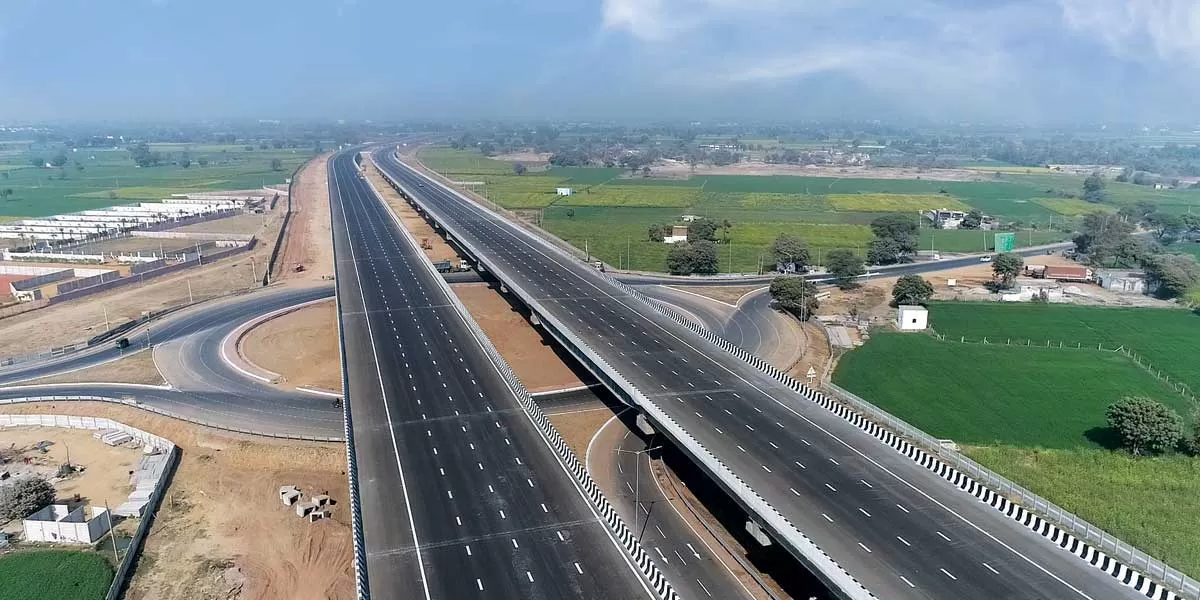The state government is set to roll out a new system for national highways and state roads that promises smooth vehicular movement and eliminates potholes. Under this plan, a bituminous (BT) layer will be laid on roads every five years, with regular maintenance being handled by a monopolist through a Public-Private Partnership (PPP) model.
Currently, the government faces delays in fixing potholes caused by rains and lacks immediate funds for renewing roads or clearing overgrown weeds. The new system will ensure that the monopolist takes care of all these tasks, streamlining the process and avoiding any disruptions.
The plan will be implemented in two phases. The first phase will focus on 18 high-traffic state highways, while the second phase will include 68 more roads. A feasibility study is underway, covering 1,307 km of roads in phase one and 3,931 km in phase two. Consulting firms have been hired to assess traffic levels, future growth, and toll collection (excluding two-wheelers, autos, and tractors). The study will also determine the viability gap funding needed for the project, outlining how much the government will pay the monopolist for the road upkeep.
Once the system is in place, the new approach will ensure timely maintenance and better road conditions across the state's highways.


